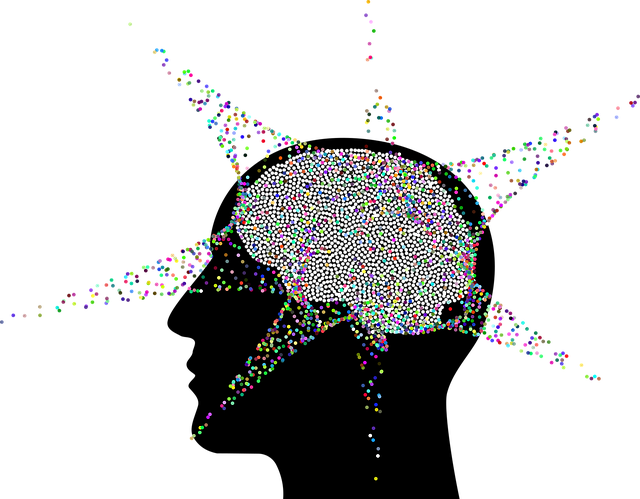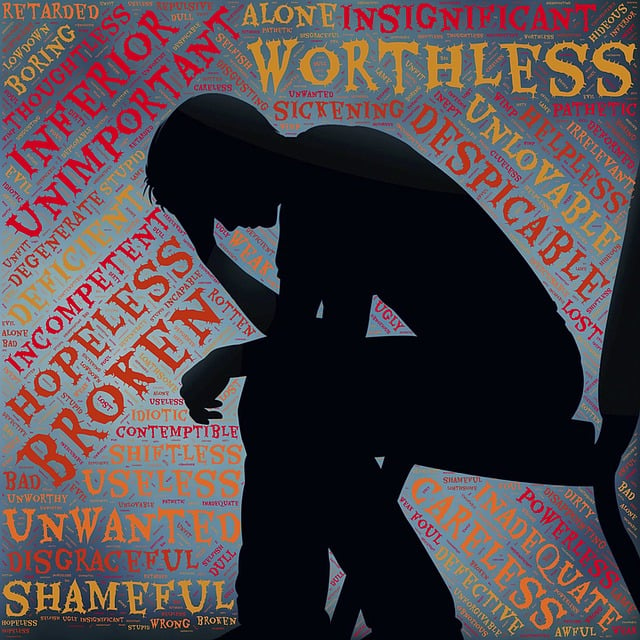Centennial Abuse Survivors Therapy (CAST) is a therapeutic approach that addresses historical and systemic trauma, often previously overlooked in medical and psychological communities. Using Compassion Cultivation Practices based on Mind Over Matter principles, CAST creates safe spaces for clients to process traumatic experiences. Public awareness campaigns centered around CAST are powerful tools for driving healing, justice, destigmatizing emotional healing, and encouraging conversations. Evaluating these campaigns through key performance indicators, combining qualitative and quantitative methods, ensures continuous improvement in supporting vulnerable populations.
Public awareness campaigns play a pivotal role in addressing historical traumas, particularly those stemming from systemic issues like Centennial Abuse Survivors Therapy. This article delves into three critical aspects of this process: understanding the historical context of such therapies, crafting impactful campaigns for healing and justice, and evaluating their effectiveness for positive change. By exploring these areas, we aim to illuminate strategies that not only honor survivors but also foster societal reconciliation.
- Understanding Centennial Abuse Survivors Therapy: A Historical Perspective
- Crafting Effective Public Awareness Campaigns for Healing and Justice
- Measuring Impact: Evaluation Strategies for Positive Change
Understanding Centennial Abuse Survivors Therapy: A Historical Perspective

Centennial Abuse Survivors Therapy (CAST) is a therapeutic approach that has gained prominence in recent years, offering crucial support to individuals who have experienced historical and systemic traumas. Historically, healing from such profound wounds was often hindered by a lack of understanding and recognition within the medical and psychological communities. This delayed acknowledgment has significantly impacted survivors’ journeys towards recovery.
CAST draws on the Mind Over Matter principles, incorporating Compassion Cultivation Practices to help clients heal. By fostering mental wellness, this therapy provides a safe space for survivors to process their traumatic experiences. Through various techniques, individuals can learn to manage their responses and develop coping mechanisms that enhance their overall well-being, ensuring they are not defined by their past traumas.
Crafting Effective Public Awareness Campaigns for Healing and Justice

Public awareness campaigns play a pivotal role in fostering healing and justice, especially when addressing sensitive issues like historical abuse. By designing impactful initiatives, organizations can bring much-needed attention to these challenges, encouraging conversations that lead to positive change. Crafting such campaigns requires a nuanced understanding of the target audience, their unique experiences, and the specific context of the issue at hand.
For instance, in the case of Centennial Abuse Survivors Therapy, awareness campaigns can educate the public about the lasting effects of historical trauma and the importance of support systems for survivors. Incorporating personal narratives, success stories, and accessible information about available resources empowers survivors, reduces stigma, and promotes mental wellness coaching programs development. These initiatives also aim to destigmatize emotional healing processes, encouraging individuals to seek help for their long-term stress reduction methods and overall mental wellness.
Measuring Impact: Evaluation Strategies for Positive Change

Evaluating the impact of public awareness campaigns is paramount to ensuring positive change and preventing issues like historic abuse, such as Centennial Abuse Survivors Therapy (CAST) targets. Measuring success goes beyond mere reach; it involves assessing how many people are informed, engaged, and empowered to take action. Key performance indicators should include awareness levels before and after the campaign, with a focus on understanding if the message resonates with diverse audiences.
Effective evaluation strategies incorporate both qualitative and quantitative methods. Surveys gauge knowledge gain and attitude shifts towards sensitive topics like CAST, while focus groups provide deeper insights into community perspectives. Observing behavioral changes, such as increased help-seeking or improved coping skills development through initiatives like Healthcare Provider Cultural Competency Training, further reinforces the campaign’s effectiveness. This data informs adjustments to future campaigns, fostering continuous improvement and enhancing anxiety relief for vulnerable populations.
Public awareness campaigns play a pivotal role in promoting healing and justice for survivors of historical traumas like Centennial Abuse Survivors Therapy. By effectively communicating the impact of such abuse, these campaigns foster understanding, empathy, and much-needed support. Through strategic evaluation, we can measure their success in creating positive change, ensuring that resources are allocated efficiently to meet the unique needs of survivors. This holistic approach paves the way for a more informed and compassionate society.














